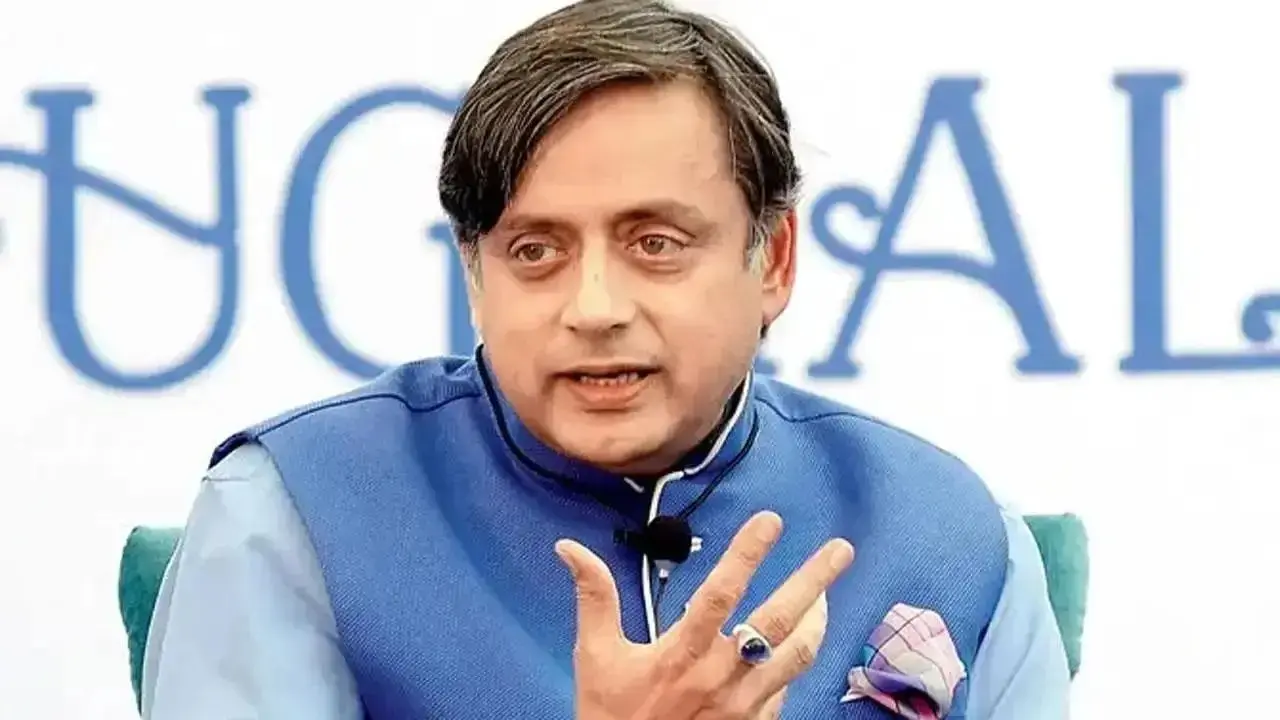Days after United States President Donald Trump signed a proclamation mandating a USD 100,000 fee for each new H-1B visa petition filed after September 21, Congress leader and Member of Parliament Shashi Tharoor criticised the move, calling it an attempt to appease Trump’s “so-called MAGA” supporters, reported ANI.
Speaking to ANI on Monday, Shashi Tharoor stated that the sudden surge in H-1B visa fees is driven by domestic political considerations in the US. Trump aims to rally support from his anti-immigration base ahead of the upcoming US legislative elections scheduled for November. “Once again, the motivations are primarily rooted in domestic politics,” Tharoor said.
Trump believes—as those around him have convinced him—that the ease of obtaining an H-1B visa has allowed many American workers, who merit higher wages, to be overlooked in favour of Indians willing to work for less, Tharoor told ANI.
Linking the policy shift to broader political sentiment in the US, Tharoor noted, “At present, the dominant political current within the so-called MAGA movement is overtly anti-immigration, particularly targeting visible minorities—individuals of different ethnic backgrounds who are not part of the white mainstream.”
The former Union minister added that Trump’s supporters perceive Indian professionals as undercutting the wages of American workers by accepting lower pay. “An Indian tech worker earning sixty thousand dollars annually is, in the eyes of Trump’s backers, displacing an American who would refuse to work for anything less than eighty-five to ninety thousand dollars,” Tharoor explained, according to ANI.
He further stated that only the top-tier, highly skilled, irreplaceable professionals—those genuinely worth the hundred-thousand-dollar cost to employers—will continue to be brought in.
Tharoor also warned that this policy might ultimately harm the US economy. “The natural outcome will be job outsourcing. Tasks once performed in America will now be handled by multinational units in Europe or by global capability centres in India,” he said.
He pointed out that Indian tech professionals might still perform the same tasks for American firms, just remotely from India rather than from within the US.
Expressing concern for Indian IT firms, Shashi Tharoor emphasized that the steep visa fee structure could render many contracts financially unfeasible. “We simply cannot afford to pay one hundred thousand dollars per person for a low-end contract,” he remarked.
(with ANI inputs)
https://www.mid-day.com/news/india-news/article/us-h-1b-visa-news-h-1b-visa-fee-hike-driven-by-donald-trumps-domestic-politics-shashi-tharoor-23595399
